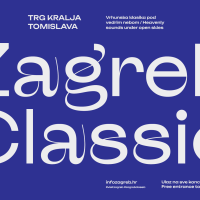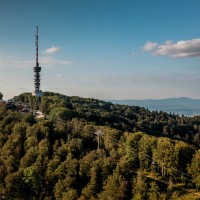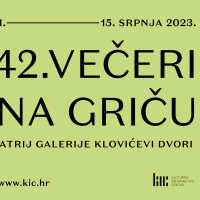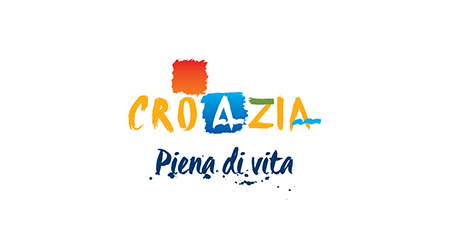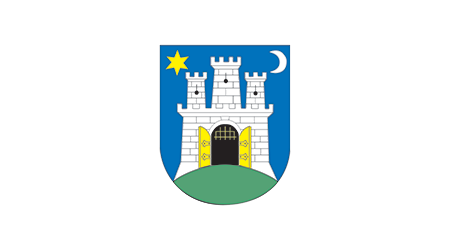All Allowed to Go Crazy
Samobor is a tourist town some twenty kilometers west of Zagreb. Part of its rich tradition and one of its idiosyncrasies is certainly the Samobor Fašnik. On 25 January this year, somewhat earlier than usual, Samobor will become a Free Carnival Republic for the 182nd time in its history.

From Friday, 25 January, to Tuesday, 5 February, the visitors of Samobor will be entertained by masked processions, the Fašnik characters: Prince, Sraka (Magpie), Fiškal (lawyer) and Sudec (judge), as well as by a number of events and programs.
The Children’s Fašnik will feature fun workshops at which children will be taught how to make masks and other carnival accessories by members of the Roda (Stork) Association.
Although the traditional and recognizable carnival spirit will soon reign over Samobor like so many times before, there will also be some conceptual and organizational changes this year. The official motto of this year’s Fašnik will be its most recognizable truism: Fools act foolish everyday and the wise only on Fašnik (Shrove Tuesday). The official entertainment program will take place under a large tent erected on the main square in Samobor. Besides the always welcomed neighbors, this year, the citizens of Samobor expect guests from Norway, Hungary, Rijeka, Dubrovnik and other towns.
Fašnik is a carnival festivity which is known by the names of karneval or mesopust (meat-free day) in other parts of Croatia. The Samobor Fašnik is the most popular festival of its kind in the area of Zagreb and one of the oldest that takes place in Croatia. Carnival traditions likely reach back to pre-Christian times when wearing masks, producing deafening noise and scattering ashes were a way to ward off demons and evil forces from people, their homes, cattle and field crop, a way to say goodbye to winter and welcome spring. Carnival festivities are often associated with the ancient Roman cults, and particularly the festival of the Saturnalia. Although the church opposed the carnival-related customs, they have taken root and today, they are very much alive, especially in the cities of Catholic Europe. A church ordinance was issued in the 9th century ordering people to fast on the Monday and Tuesday preceding Ash Wednesday. A few centuries down the road, people replaced those fasting, meat-free days with just the opposite – rich food and heavy drinking – hence the confusion in terminology, and the misnomer present in some parts of Croatia where carnival is still referred to as Mesopust or meat-free. The “meat-free rakishness” is accompanied by merriment and dressing up in masks, under which everything is allowed – hence the beginning of carnival festivities.
The Samobor carnival festivities date back as far as the beginning of the 19th century when the streets came alive with popular merriment and fancy costume balls were organized in the town hall.
The year 1876 was a significant turning point in the rich history of Fašnik follies: the master of ceremonies and carnival organizers, i.e. the Committee on Carnival Procession, obtained the authorities’ permission to lead the procession through the city’s streets.
Published: 02.02.2008
 Hrvatski
Hrvatski English
English Deutsch
Deutsch Spanish
Spanish French
French Italian
Italian Russian
Russian Korean
Korean Japanese
Japanese Chinese
Chinese From Friday, 25 January, to Tuesday, 5 February, the visitors of Samobor will be entertained by masked processions, the Fašnik characters: Prince, Sraka (Magpie), Fiškal (lawyer) and Sudec (judge), as well as by a number of events and programs.
From Friday, 25 January, to Tuesday, 5 February, the visitors of Samobor will be entertained by masked processions, the Fašnik characters: Prince, Sraka (Magpie), Fiškal (lawyer) and Sudec (judge), as well as by a number of events and programs.